Jeremy Corbyn casts doubt on the ‘special relationship’
We should focus more on India, China, the EU and UN, says the Labour leader
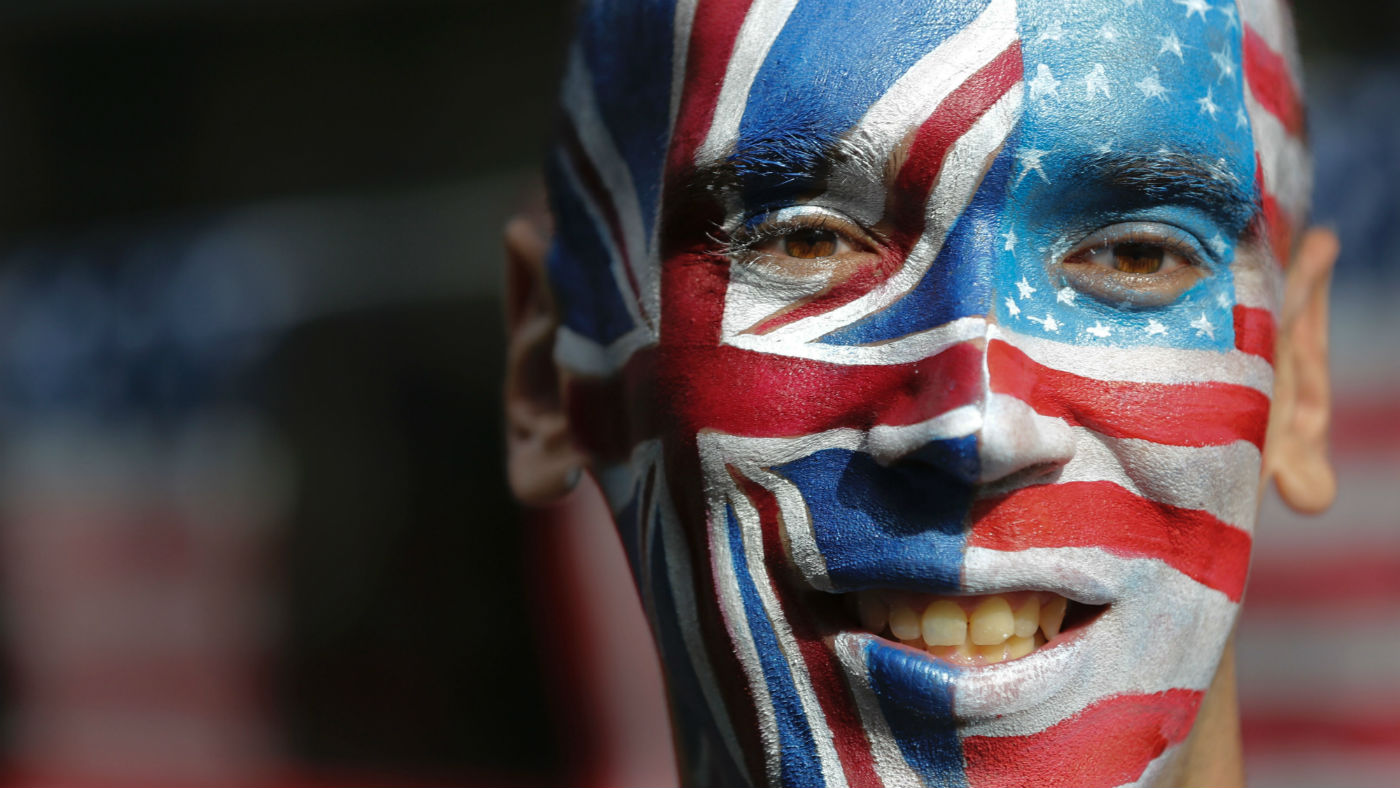
A free daily email with the biggest news stories of the day – and the best features from TheWeek.com
You are now subscribed
Your newsletter sign-up was successful
Jeremy Corbyn has questioned the value of the “special relationship” between the US and UK, after a tense week for transatlantic relations in which Donald Trump’s cancelled a visit to Britain later this month.
Speaking to ITV’s Robert Peston, the Labour leader said the UK’s relationship with the US was no longer its most important.
“The US [relationship] is obviously culturally and economically significant,” he said, before stressing the growing importance of trading relationships with the EU, India, China and international institutions such as the United Nations.
The Week
Escape your echo chamber. Get the facts behind the news, plus analysis from multiple perspectives.

Sign up for The Week's Free Newsletters
From our morning news briefing to a weekly Good News Newsletter, get the best of The Week delivered directly to your inbox.
From our morning news briefing to a weekly Good News Newsletter, get the best of The Week delivered directly to your inbox.
“The biggest disappointment of Donald Trump is - apart from his endless offensive remarks about women, about minorities and about different faiths - is his failure to support international institutions like the United Nations and like Unesco,” he said.
While acknowledging that having a relationship with and influence over the US was important “because it is such a huge military and economic power around the world”, Corbyn said no-one has ever succeeded in defining what the ‘special relationship’ was.
This is not the first time Corbyn has questioned UK-US relations. Addressing the party conference last Autumn, he said a Labour government would not “meekly” support the American administration under President Trump. He promised Britain would pursue an “independent” foreign policy and find a voice in the world that would challenge America.
The Labour leader’s latest comments ramp up his rhetoric after a war of words between the Trump administration and senior Labour figures. Shadow foreign secretary Emil Thornberry branded the President “dangerous”, “a racist” and “an asteroid of awfulness that has fallen on this world”.
A free daily email with the biggest news stories of the day – and the best features from TheWeek.com
Last week, Trump announced he would not be coming to open the new US embassy in London, blaming his anger at the deal to relocate to an “off location” in Vauxhall.
But the Daily Mail says there is “widespread speculation that the President was reluctant to face protests on the streets” after his Britsh opponents promised mass demonstrations and even Theresa May began to backtrack on an invitation.
An unidentified source told The Sunday Times Trump “felt he had not been shown enough love by the British government”.
“He started to believe that the British government thought the same way about him as [Mayor of London] Sadiq Khan and Jeremy Corbyn, who have made clear their disdain for him and said he is not welcome in the UK,” added the source.
Trump, whose grandmother was Scottish, has long emphasised the importance of the special relationship. He once promised Britain would be “front of the queue” to secure a new trade deal after Brexit, and Theresa May was the first leader to visit the White House after his inauguration.
Since extending an invitation to Trump to meet the Queen on an official state visit, the Government has responded to a public backlash by seeking to downgrade the visit, or kick it into the long grass, without angering the US President.
For his part, Trump’s cancelled trip to Britain “underscores a pattern in the President’s relationships with world leaders after nearly a year in office”, says the Los Angeles Times. “He has cozied up to the globe’s leading autocrats while leaders of traditional democratic allies, notably Britain and Germany, are increasingly uncomfortable with the nationalist American president,” says the paper.
-
 Health insurance: Premiums soar as ACA subsidies end
Health insurance: Premiums soar as ACA subsidies endFeature 1.4 million people have dropped coverage
-
 Anthropic: AI triggers the ‘SaaSpocalypse’
Anthropic: AI triggers the ‘SaaSpocalypse’Feature A grim reaper for software services?
-
 NIH director Bhattacharya tapped as acting CDC head
NIH director Bhattacharya tapped as acting CDC headSpeed Read Jay Bhattacharya, a critic of the CDC’s Covid-19 response, will now lead the Centers for Disease Control and Prevention
-
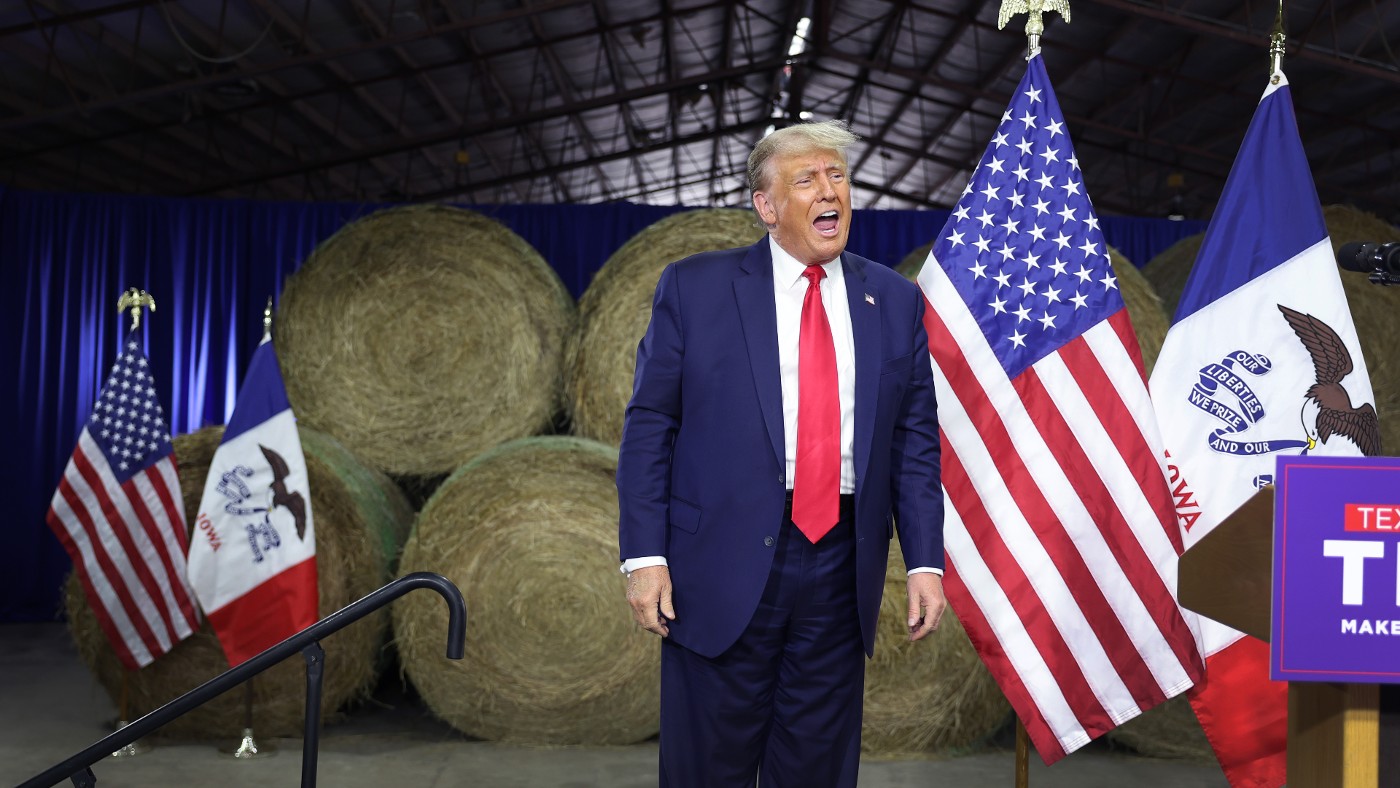 Flies attack Donald Trump
Flies attack Donald TrumpTall Tales And other stories from the stranger side of life
-
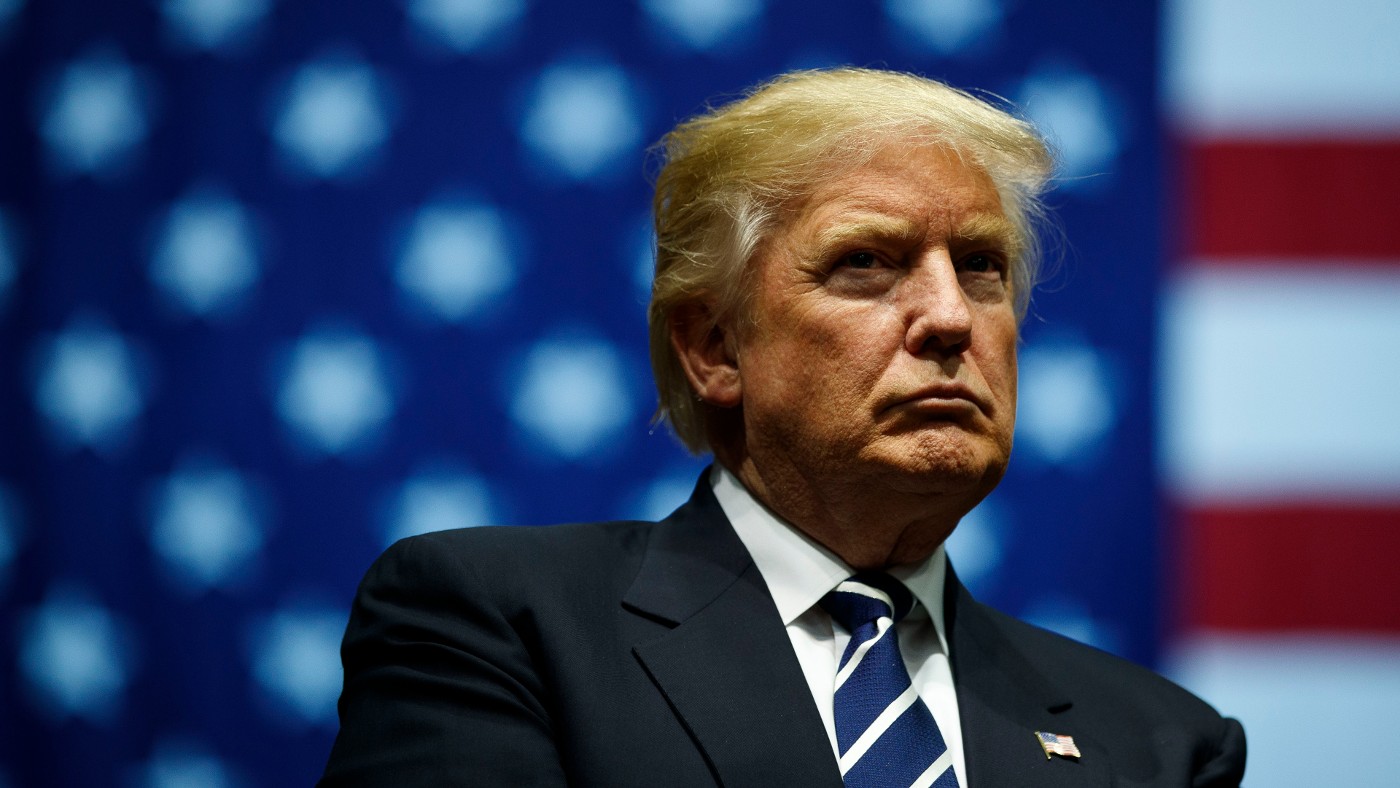 Donald Trump criminal charges for 6 January could strain 2024 candidacy
Donald Trump criminal charges for 6 January could strain 2024 candidacySpeed Read Former president’s ‘pettifoggery’ won’t work well at trial, said analyst
-
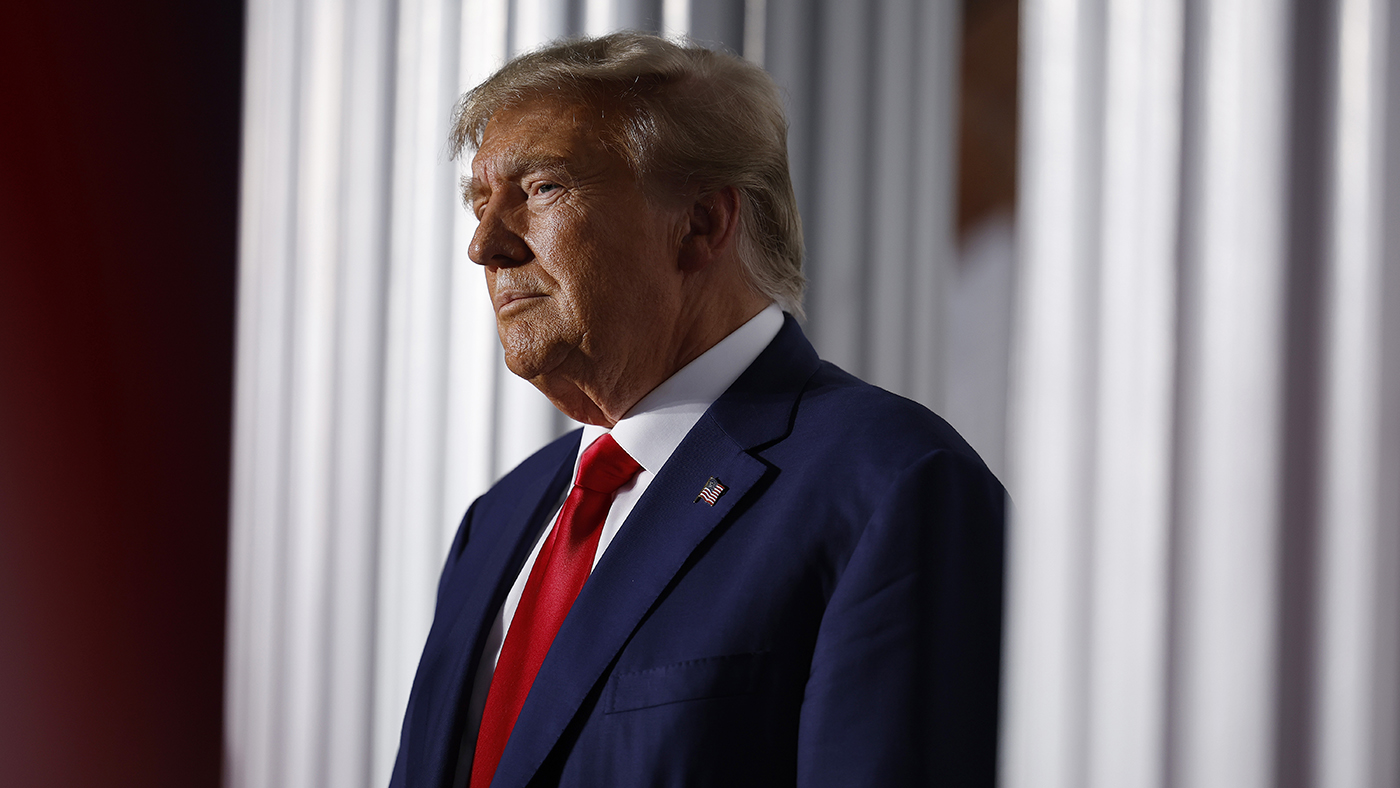 Donald Trump in the dock: a fraught moment for US democracy
Donald Trump in the dock: a fraught moment for US democracyTalking Point There is speculation that former president could end up running his 2024 election campaign from behind bars
-
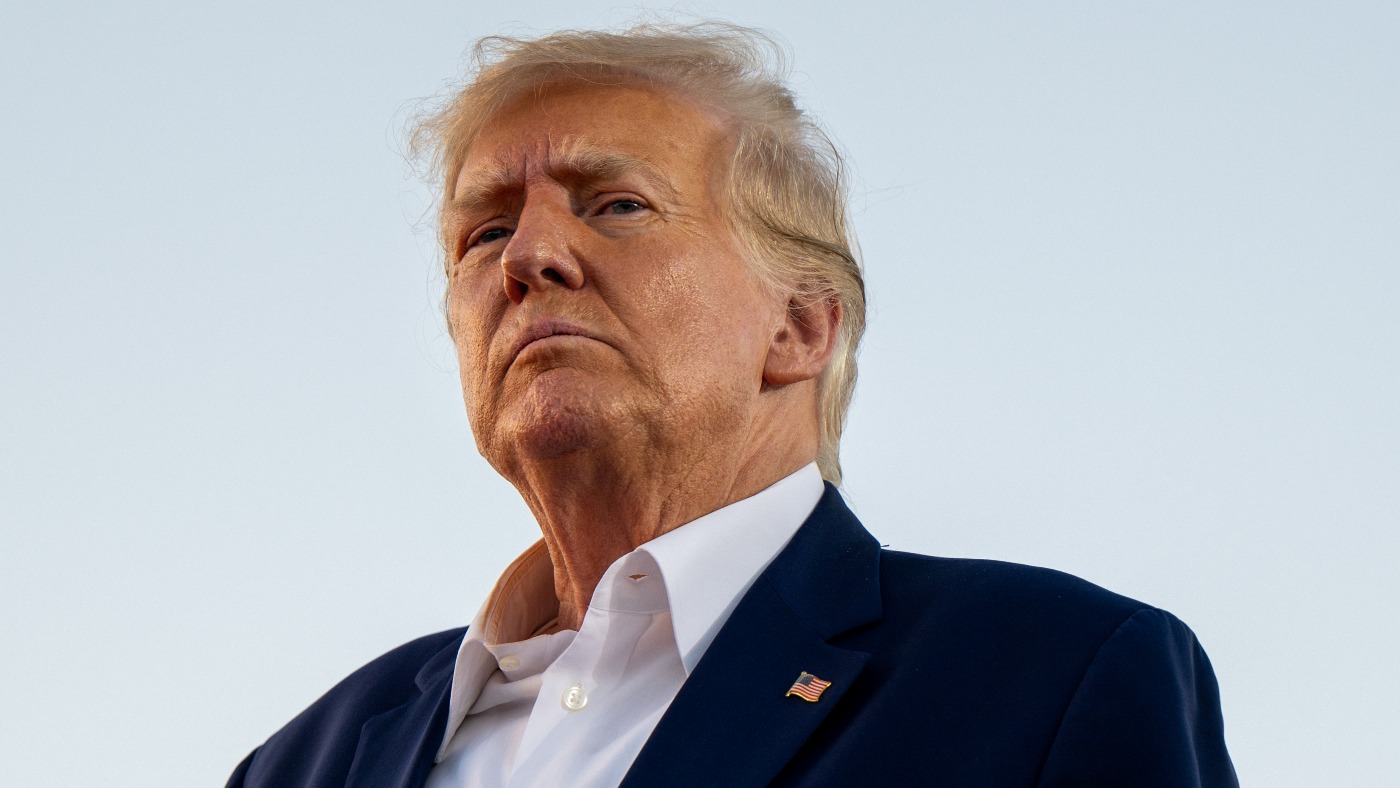 Donald Trump indicted again: is latest threat of prison a game changer?
Donald Trump indicted again: is latest threat of prison a game changer?Today's Big Question The former president ‘really could be going to jail’ but Republicans ‘may not care’ say commentators
-
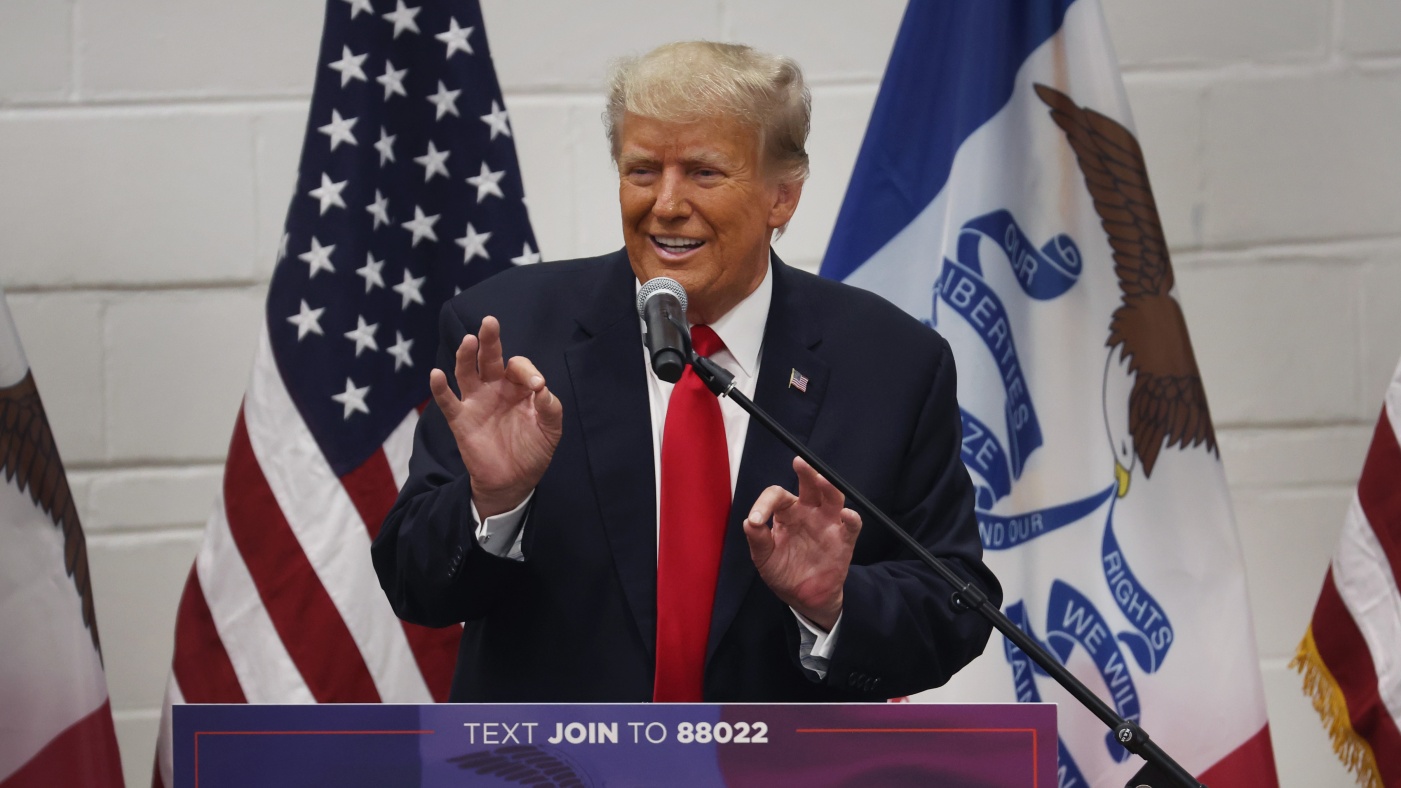 Trump told he could face charges over classified Mar-a-Lago documents
Trump told he could face charges over classified Mar-a-Lago documentsSpeed Read A second criminal indictment is on the cards for the former US president and current Republican frontrunner
-
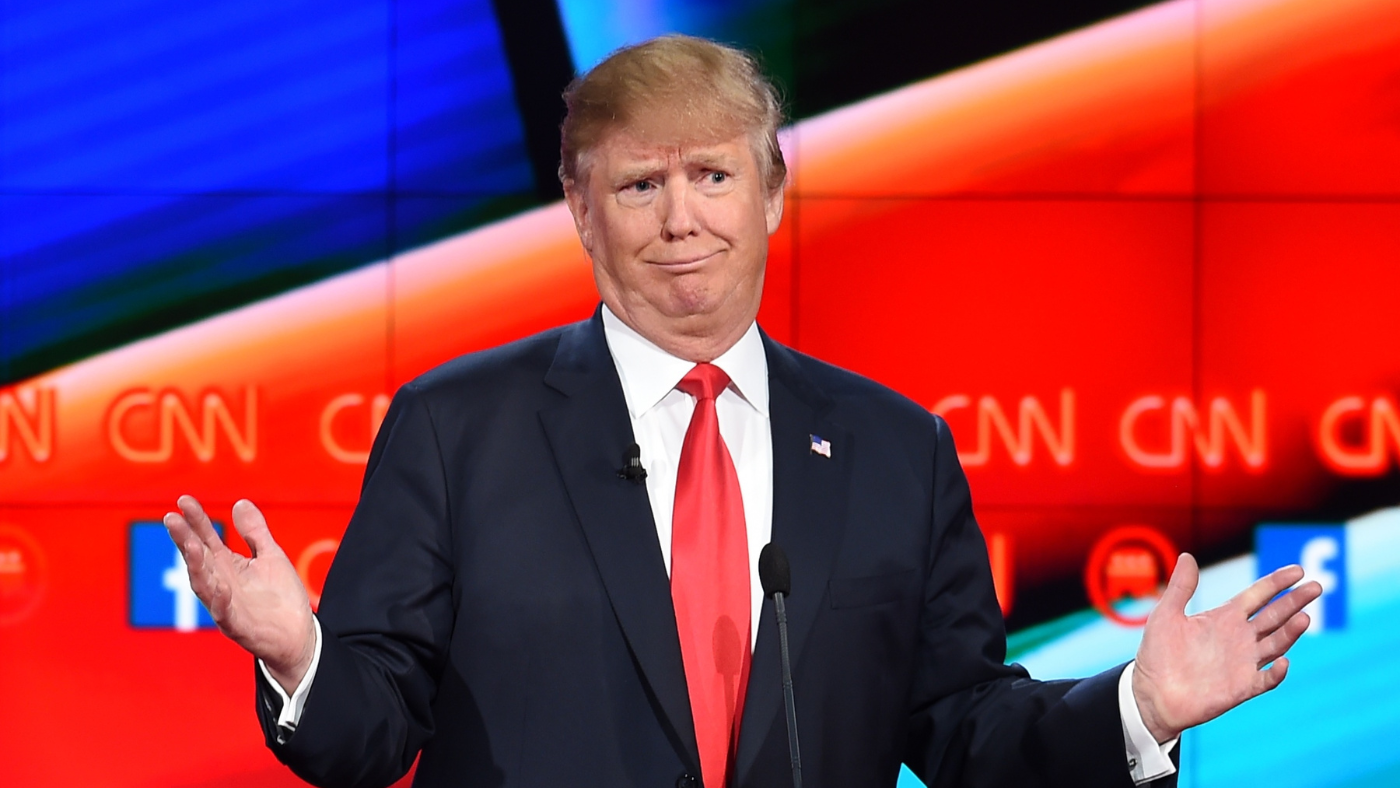 The return of Donald Trump to prime-time television
The return of Donald Trump to prime-time televisionfeature CNN executives have been condemned over the former president’s televised town hall
-
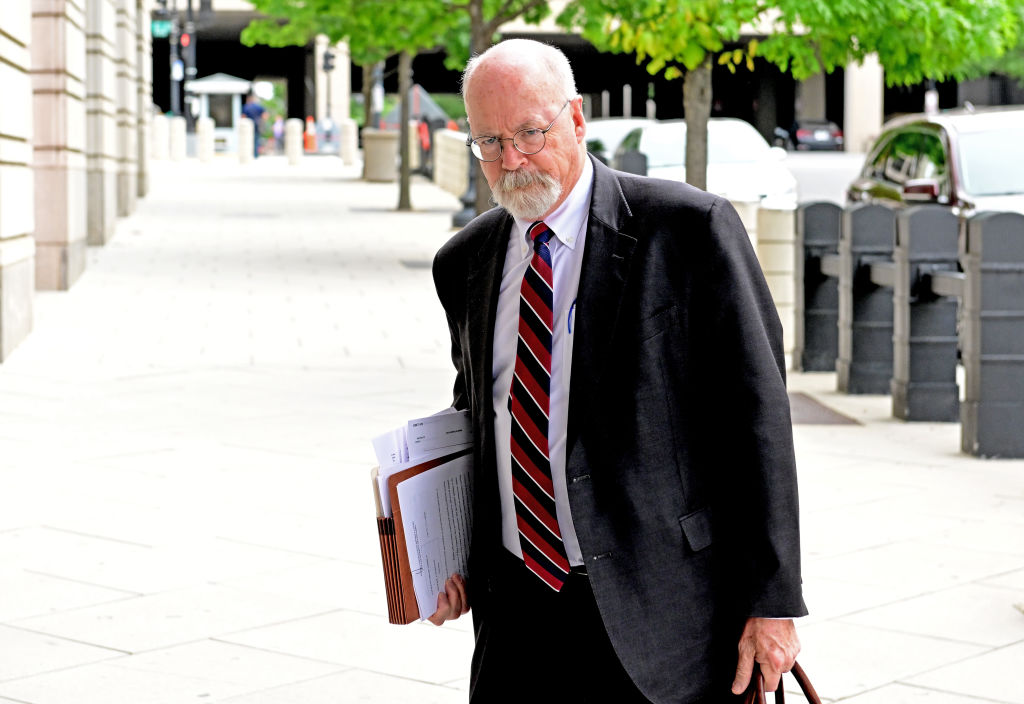 Durham criticizes FBI, offers little new in final report on 4-year Trump-Russia investigation review
Durham criticizes FBI, offers little new in final report on 4-year Trump-Russia investigation reviewSpeed Read
-
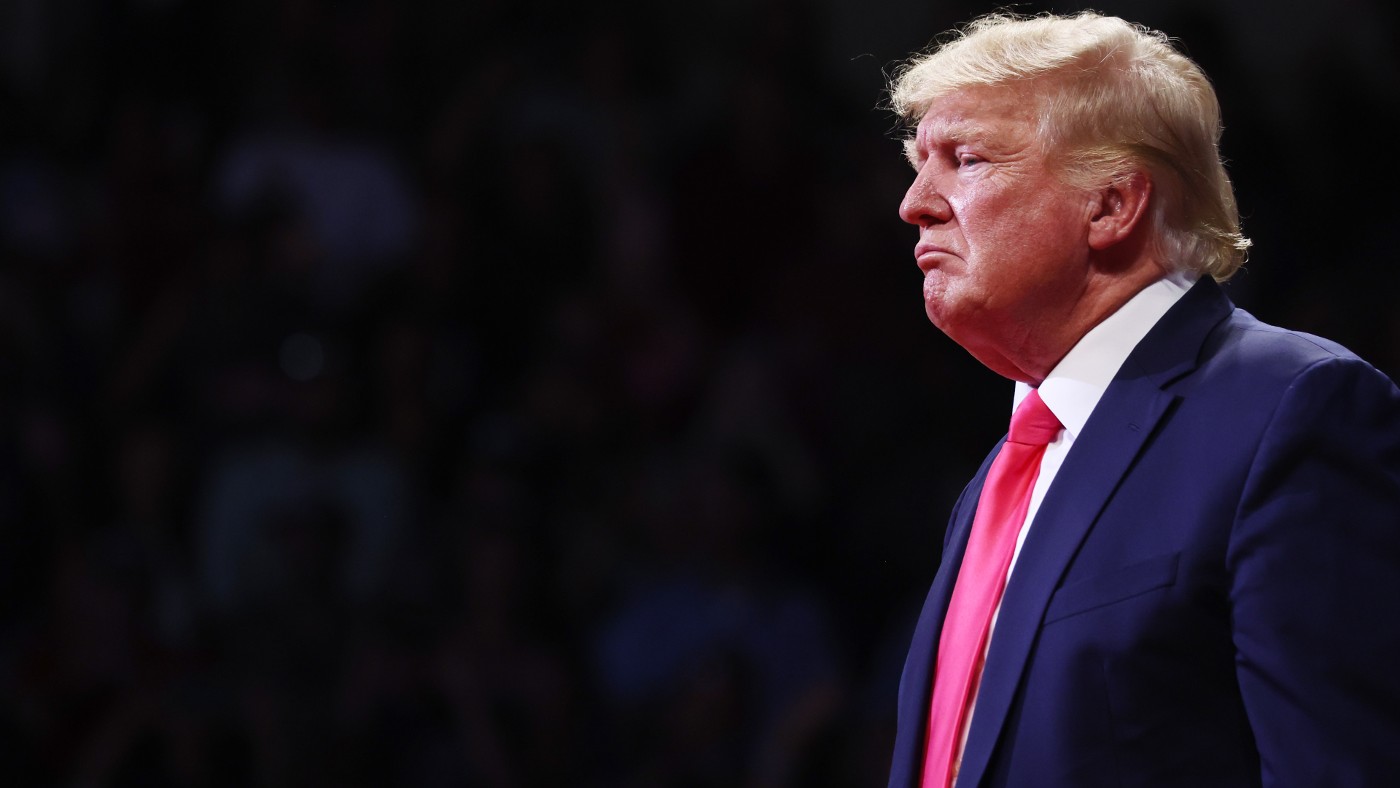 Trump ally’s ‘prove me wrong’ challenge backfires
Trump ally’s ‘prove me wrong’ challenge backfiresfeature And other stories from the stranger side of life